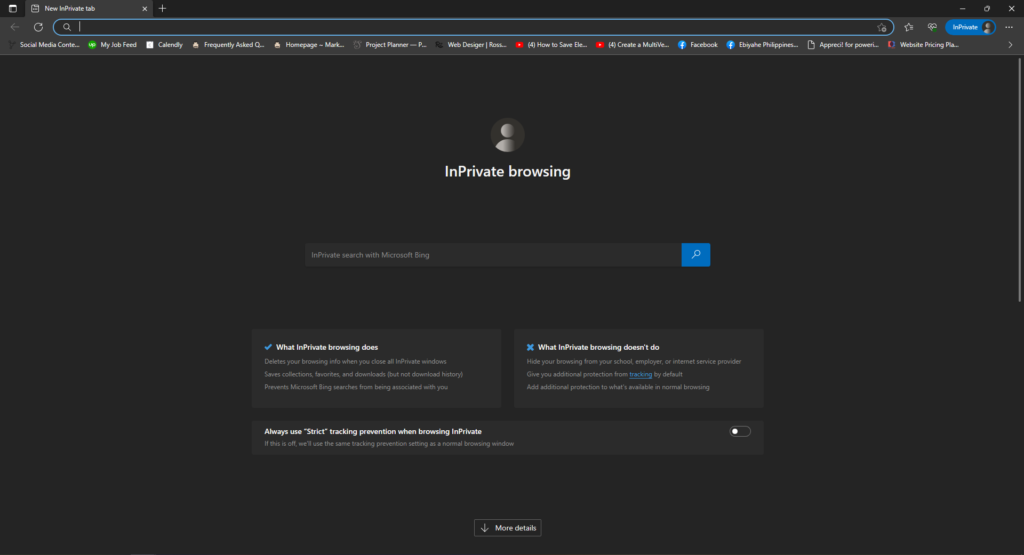Online Privacy Myths are pervasive in today’s digital world. They give us a false sense of security and make us believe that our online activities are protected from prying eyes. However, the reality is far from it. Let’s debunk some of these myths.
Myth 1: Using a Private Browser Ensures Privacy
One of the most common Online Privacy Myths is that using a private browser or incognito mode ensures privacy. The truth is, while these modes do not store your browsing history, cookies, or form data on your device, they do not hide your activity from websites, your employer, or your internet service provider (ISP).


Myth 2: Hackers Only Target Large Enterprises
Another of the Online Privacy Myths is that hackers only target large enterprises. However, small businesses and individuals are also at risk. Cybercriminals often target individuals, as their security measures are typically weaker than those of larger organizations. Therefore, it’s essential to take precautions to protect your personal information online.

Myth 3: Security and Privacy are the same
Many people confuse security with privacy, but they are not the same. While security refers to the protection of data from unauthorized access, privacy refers to the right to control how your personal information is collected and used. Even if a website is secure, it doesn’t guarantee that your data won’t be shared or sold.

Myth 4: Online Privacy is a Myth Nowadays
Some believe that online privacy is a myth in today’s digital age. While it’s true that achieving complete online anonymity is nearly impossible, there are steps you can take to enhance your privacy. Using VPNs, regularly updating software, and understanding privacy settings can help protect your data.
Myth 5: Websites Don’t Collect Data if They Claim They Don’t
One of the most dangerous Online Privacy Myths is the belief that websites don’t collect data if they claim they don’t. The reality is that most websites collect some form of data, even if they claim otherwise. It’s crucial to read the privacy policies of the websites you visit to understand what information they collect and how they use it.
The Reality of Online Privacy
In conclusion, while Online Privacy Myths can make us feel secure, they often mask the realities of the digital world. Achieving complete online anonymity may be a pipe dream, but by understanding these myths and taking proactive measures, we can better protect our personal information and enhance our online privacy.

